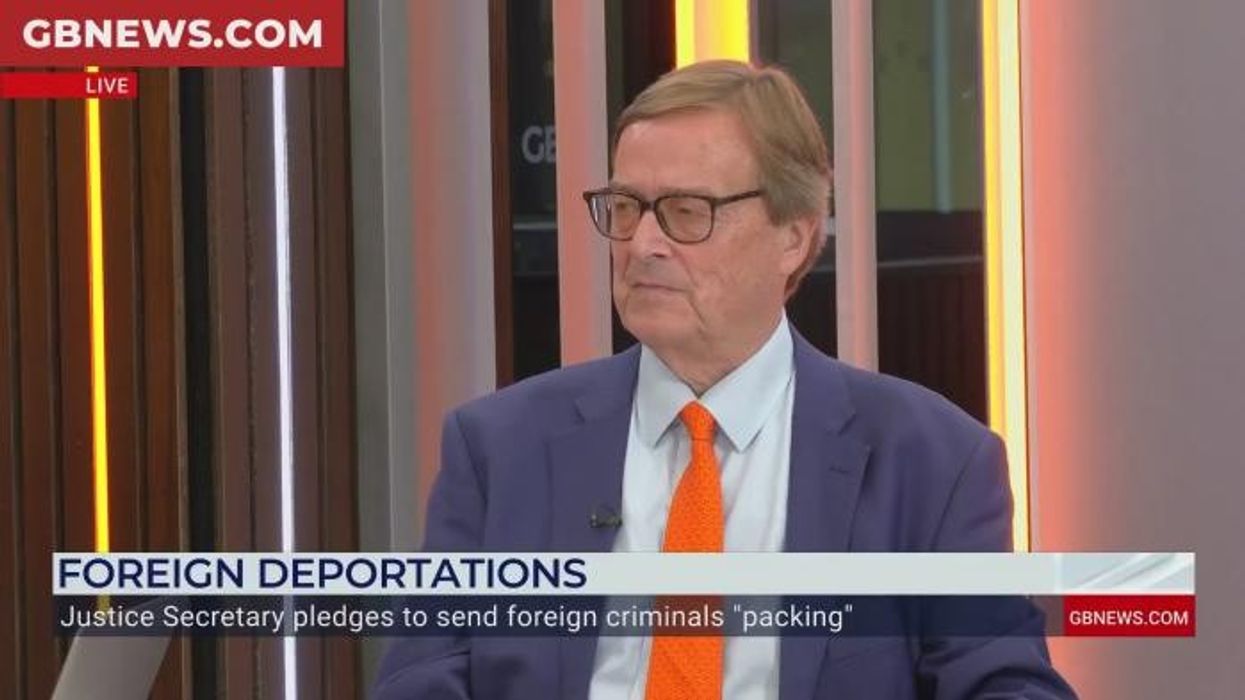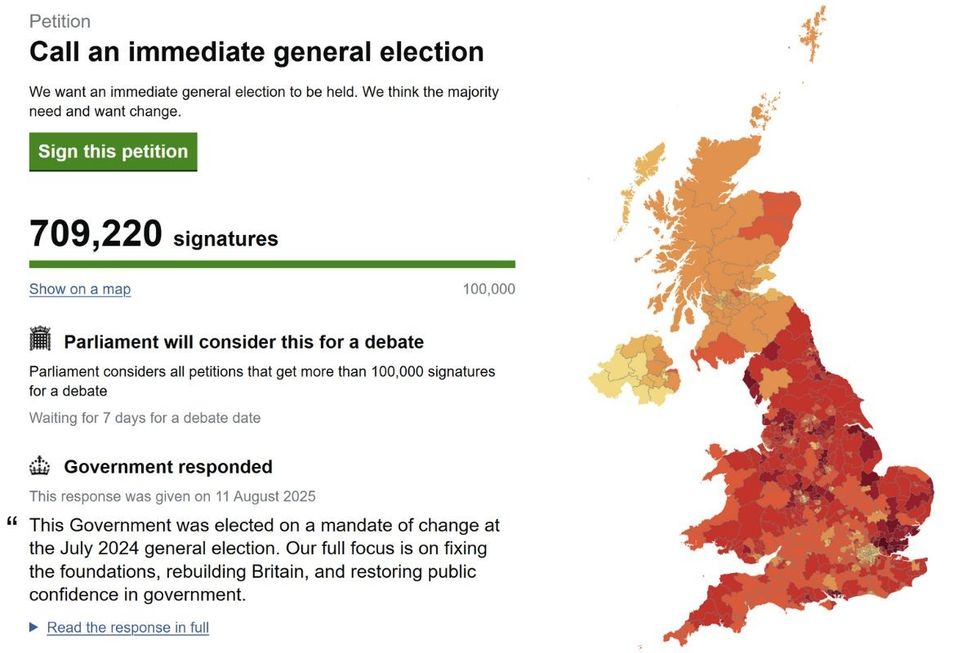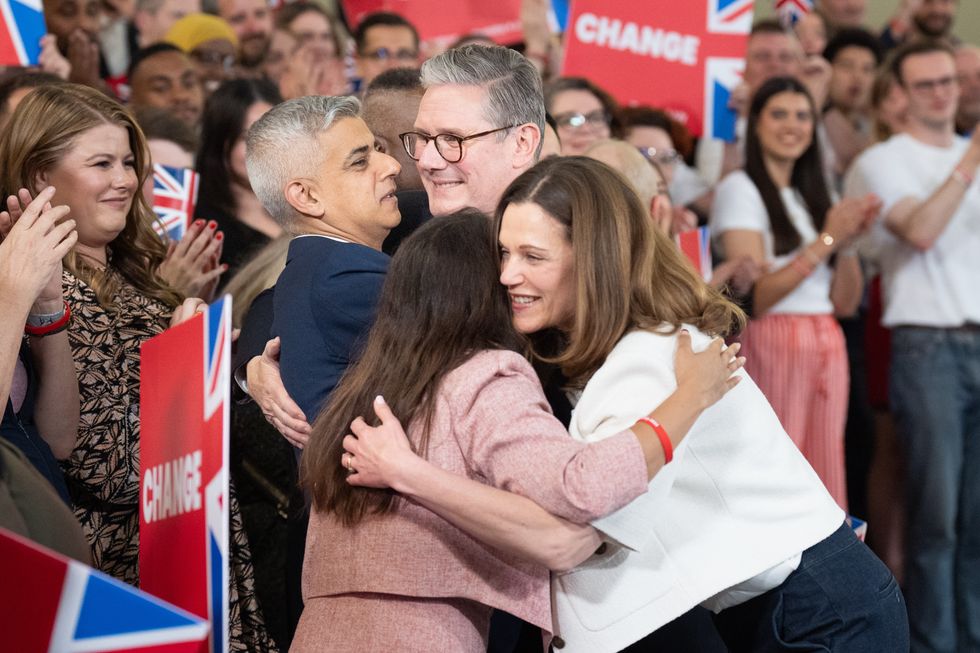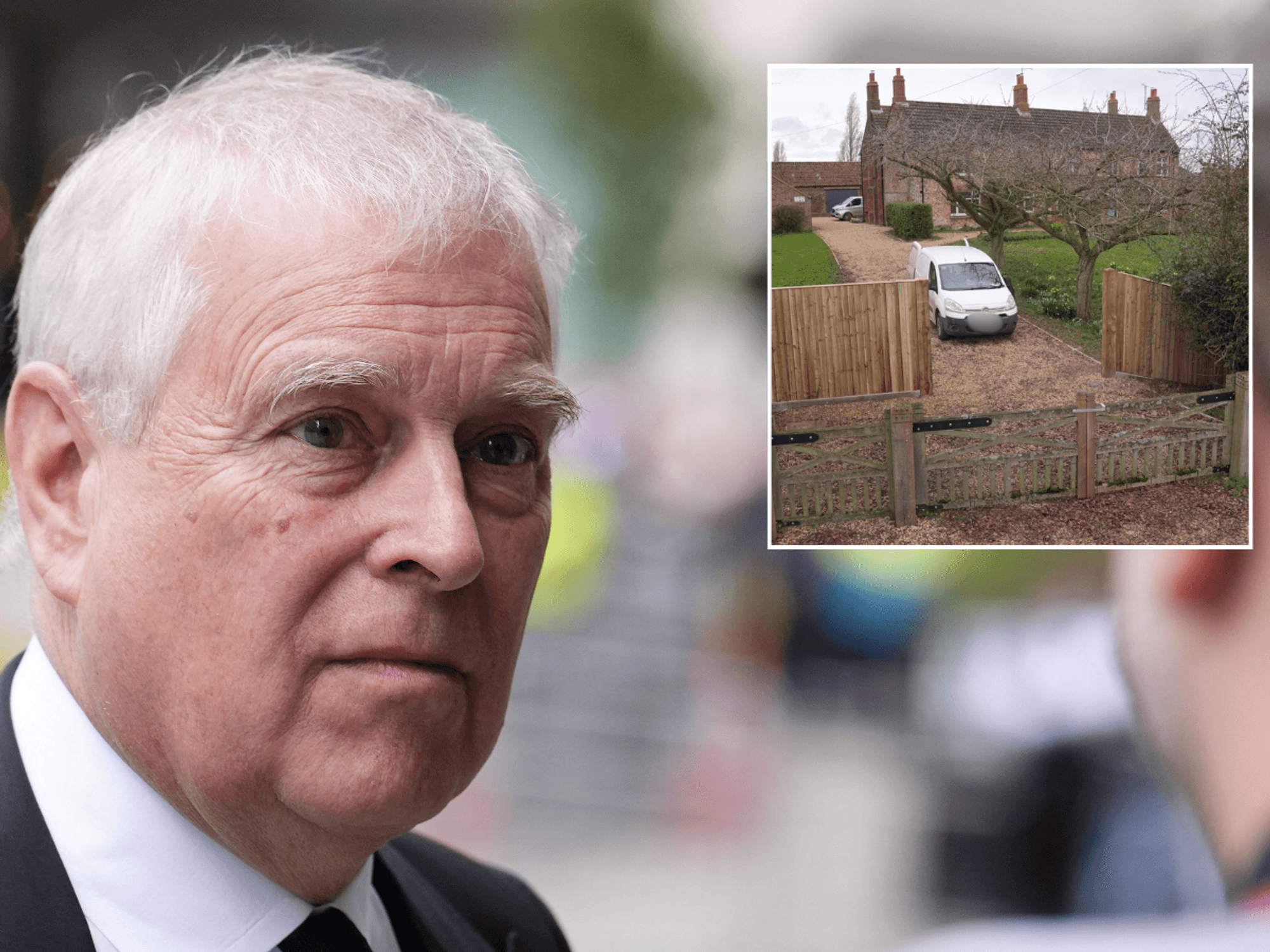Keir Starmer rejects calls for immediate General Election as 700,000 deliver damning verdict on Labour

GB News guest explodes at Keir Starmer as PM suffers fresh Chagos embarrassment: ‘Weak!’ |
GB NEWS

More than 400 voters signed the petition in Sir Keir Starmer's constituency alone
Don't Miss
Most Read
Trending on GB News
Sir Keir Starmer's Government has rejected growing calls to hold an immediate General Election as the number of Britons wanting a national poll soars past 700,000.
The Government was forced to issue a 258-word response yesterday after the petition reached the 10,000 threshold needed to prompt an intervention from the Cabinet Office.
Westminster Hall, which held a debate on calling an immediate General Election in January, will also consider the petition for another debate after it surpassed 100,000 signatures just a few days ago.
The petition is continuing to receive a large number of signatures, attracting an additional 2,000 sign-ups in the past hour.
More than 1,900 voters in Nigel Farage’s seat of Clacton have signed up since the petition was launched.
In comparison, just 418 people have backed calls for a General Election in Starmer’s own patch of Holborn & St Pancras.
However, there is no sign of Starmer accepting growing calls to force a General Election any time soon.
Starmer refused to buckle to previous calls for an immediate General Election after admitting he was “not that surprised” that three million people who did not vote Labour last year wanted a “re-run” of the poll.
 Sir Keir Starmer | PA
Sir Keir Starmer | PAAnd there is virtually no chance the petition will result in an immediate General Election.
Under the now-repealed Fixed Term Parliaments Act, the Prime Minister needed to pass a vote to hold a national poll.
The Dissolution & Calling of Parliament Act restored the Prime Minister’s ability to call a General Election via the Royal Prerogative.
A House of Commons confidence could theoretically force a General Election, although the composition of Parliament makes such a scenario incredibly unlikely.

The General Election petition
|PARLIAMENT
Starmer entered No10 off the back of a huge landslide, giving the Prime Minister a so-called super-majority in the Commons.
However, Starmer narrowly avoided a shock parliamentary defeat last month after rebels plotted to revolt over his now-axed proposals to slash £5billion from Britain's ballooning benefits bill.
The last time a Prime Minister was defeated in a confidence vote came in 1979, when James Callaghan lost by one vote ahead of Margaret Thatcher's first General Election victory.
There have only been two other confidence votes lost by the Government in the House of Commons over the course of the 20th century - with Stanley Baldwin and Ramsay MacDonald both suffering defeats in 1924.
 Keir Starmer | PA
Keir Starmer | PABoth Boris Johnson and Theresa May more recently avoided Commons humiliation by seeing off no confidence votes with majorities of 109 and 19 respectively.
In response to the latest petition, the Government said: "The Prime Minister can call a General Election at a time of their choosing by requesting a dissolution of Parliament from the Sovereign within the five-year life of a Parliament.
“The Government was elected by the British people on a mandate of change at the July 2024 general election.
"This Government is fixing the foundations and delivering change with investment and reform to deliver growth, with more jobs, more money in people’s pockets, to rebuild Britain and get the NHS back on its feet.
“This will be built on the strong foundations of a stable economy, national security and secure borders as we put politics back in the service of working people.
 Labour leader Sir Keir Starmer and his wife Victoria Starmer greet Mayor of London Sadiq Khan at a watch party for the results of the 2024 General Election in central London | PA
Labour leader Sir Keir Starmer and his wife Victoria Starmer greet Mayor of London Sadiq Khan at a watch party for the results of the 2024 General Election in central London | PAOn entering office, a £22billion black hole was identified in the nation’s finances.
“We inherited unprecedented challenges, with crumbling public services and crippled public finances, but will deliver a decade of national renewal through our five missions: economic growth, fixing the NHS, safer streets, making Britain a clean energy super-power and opportunity for all.
“This is what was promised and is what we are delivering.
"The Government’s first Budget freed up tens of billions of pounds to invest in Britain’s future while locking in stability, preventing devastating austerity in our public services and protecting working people’s payslips.
"Mission-led government rejects the sticking-plaster solutions of the past and unites public and private sectors, national, devolved and local government, business and unions, and the whole of civil society in a shared purpose.
“The Government will continue to deliver the manifesto of change that it was elected on."
More From GB News










